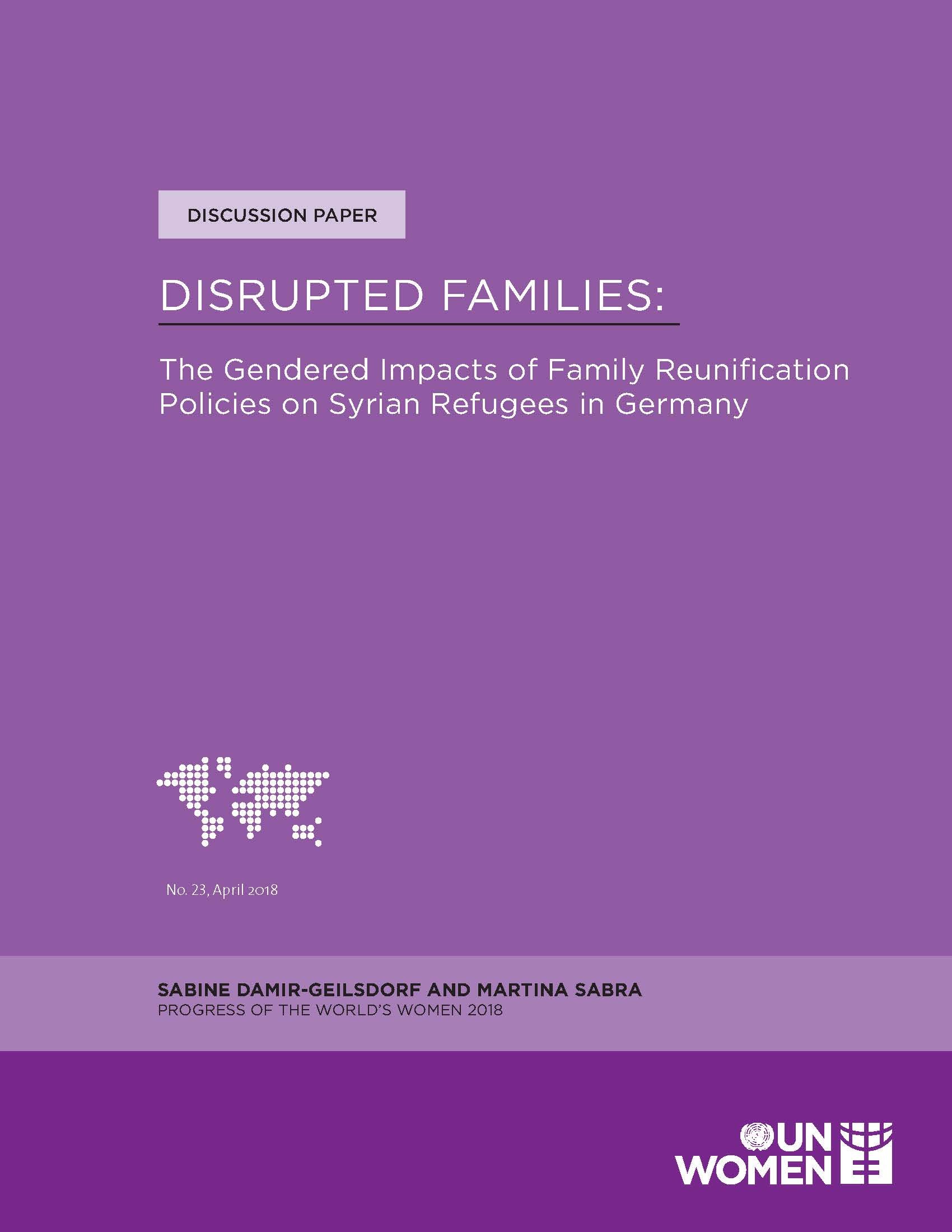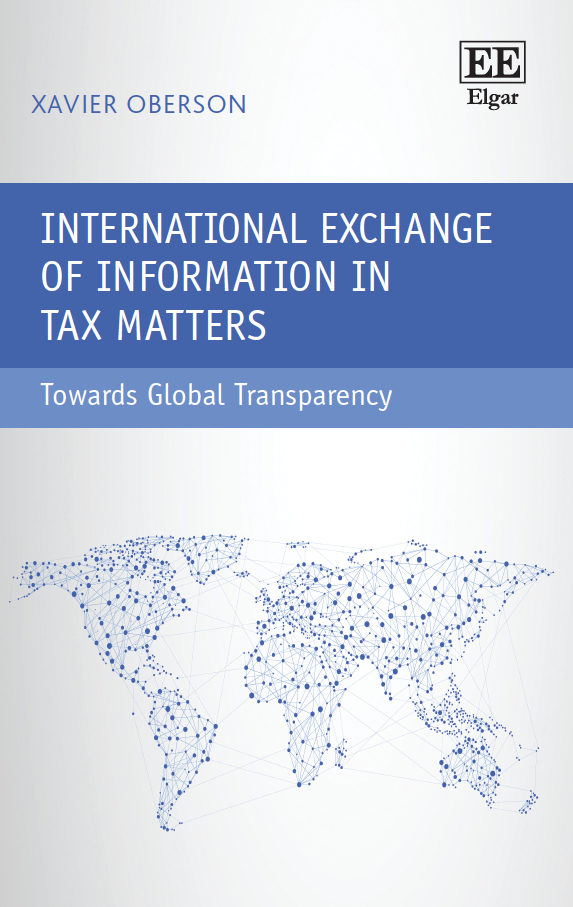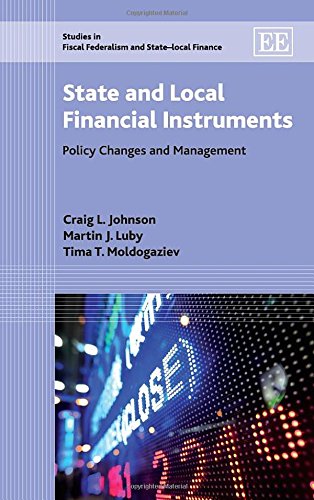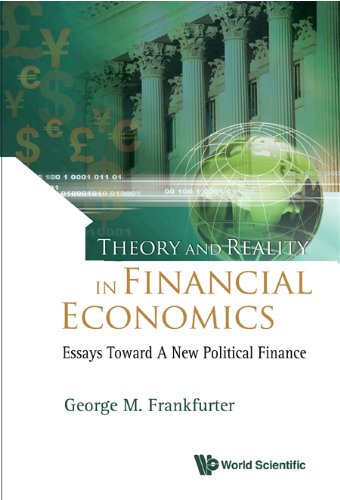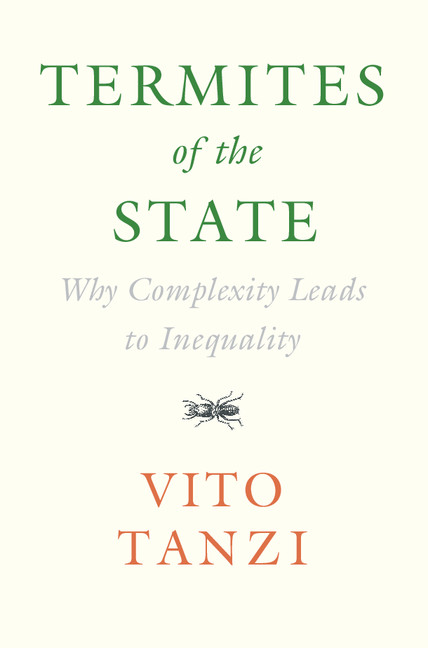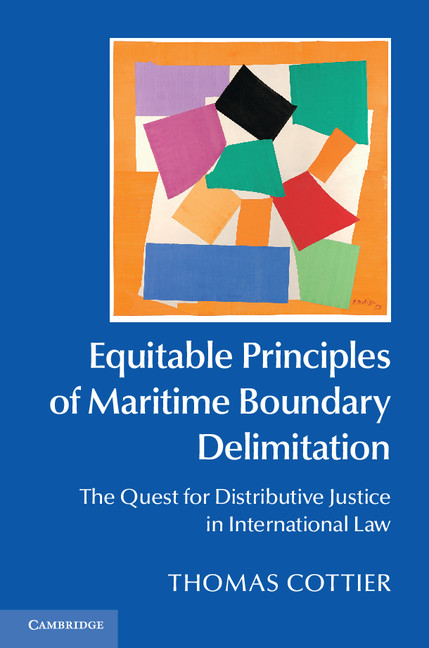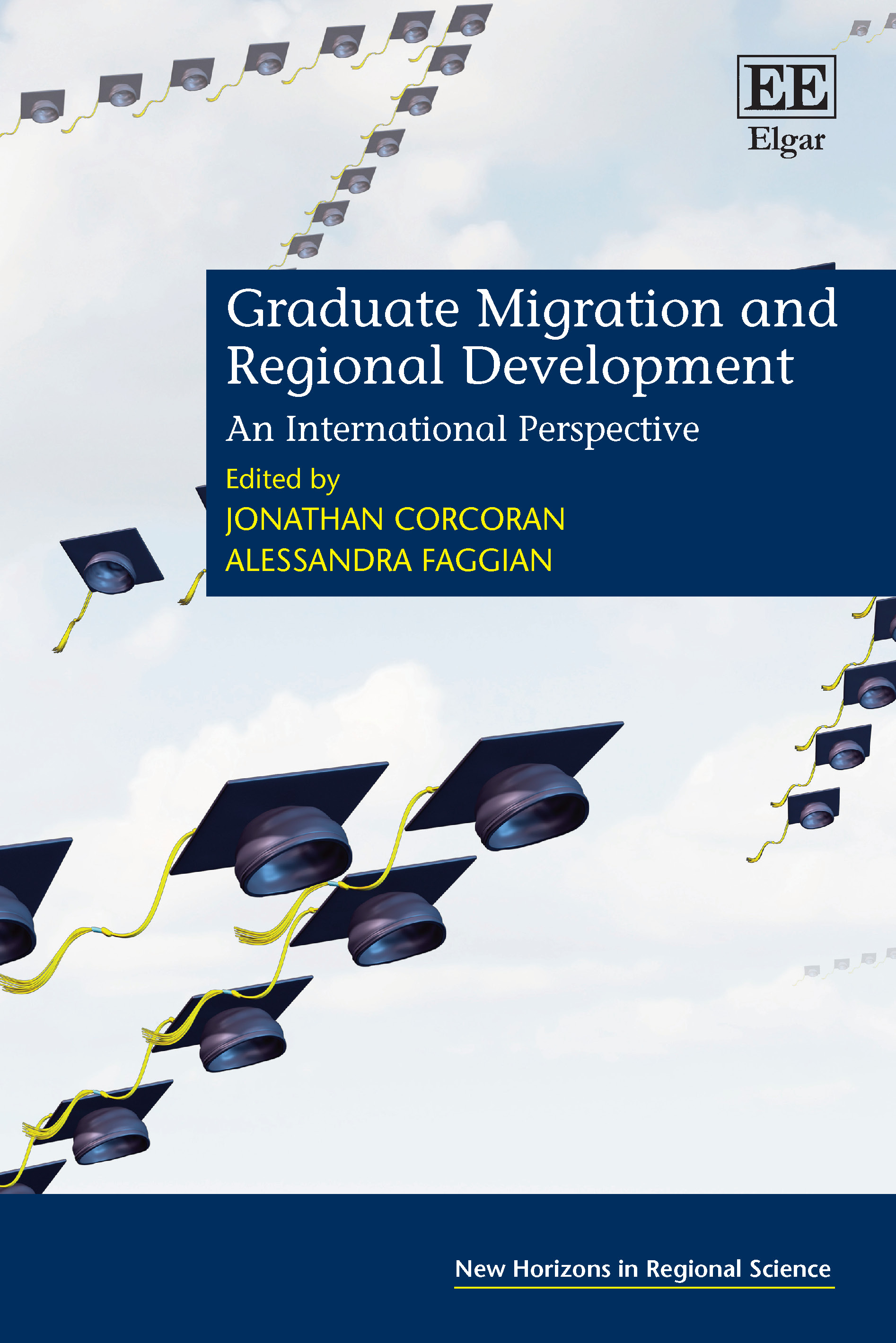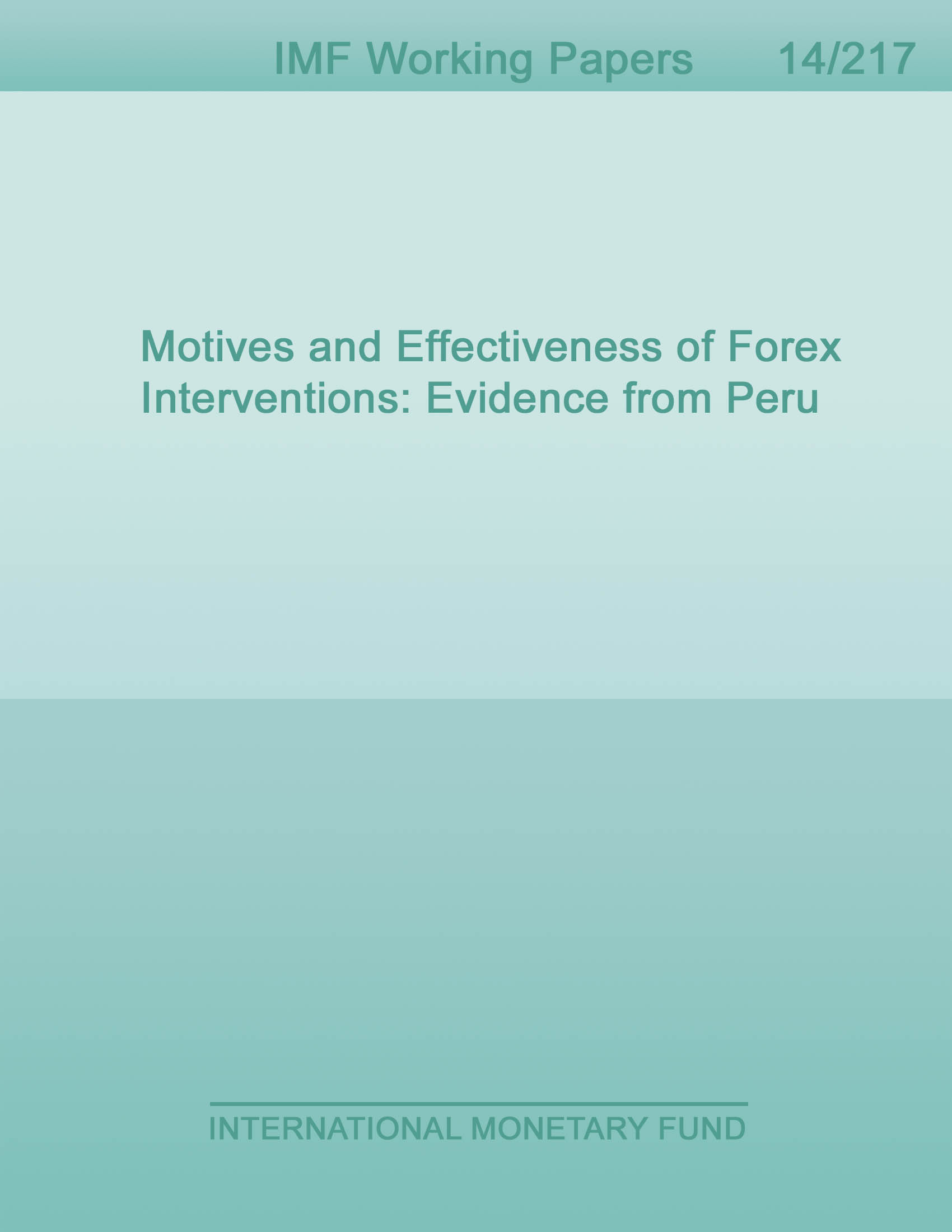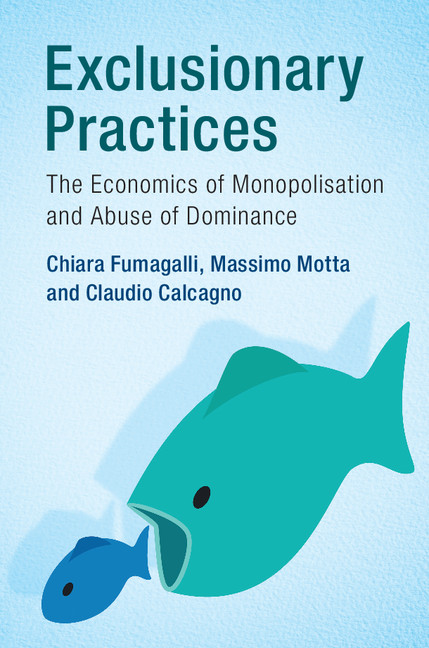Disrupted Families
by United Nations Women
2020-04-16 15:14:20
By the end of 2016, an estimated 6.5 million Syrian citizens were internally displaced, and more than 4.8 million Syrians had fled to neighbouring countries. While roughly half of all displaced and refugee Syrians are female, around three quarters of...
Read more
By the end of 2016, an estimated 6.5 million Syrian citizens were internally displaced, and more than 4.8 million Syrians had fled to neighbouring countries. While roughly half of all displaced and refugee Syrians are female, around three quarters of the estimated 550,000 Syrian asylum seekers who have arrived in Germany since the outbreak of the conflict are male. This gender imbalance is mainly due to the dangerous flight routes to Germany and the high costs of smugglers. Due to changing German asylum policies and practices, lengthy procedures and bureaucratic obstacles, a growing number of Syrian families who had intended to reunite in Germany now remain separated for two to three years or even longer. Others were even forced apart post-arrival. This paper examines the impacts of shifting policies in relation to family reunification and internal dispersal on the experiences of female Syrian asylum seekers in Germany. It is based on ethnographic fieldwork conducted in Germany in 2012–2016. Through the analysis of women’s accounts and of policy measures, it sheds light on how female Syrian asylum seekers and recognized refugees have coped with diverse challenges before arriving, during long-lasting separations, after subsequent reunifications in Germany, or after arriving alone.
Less


